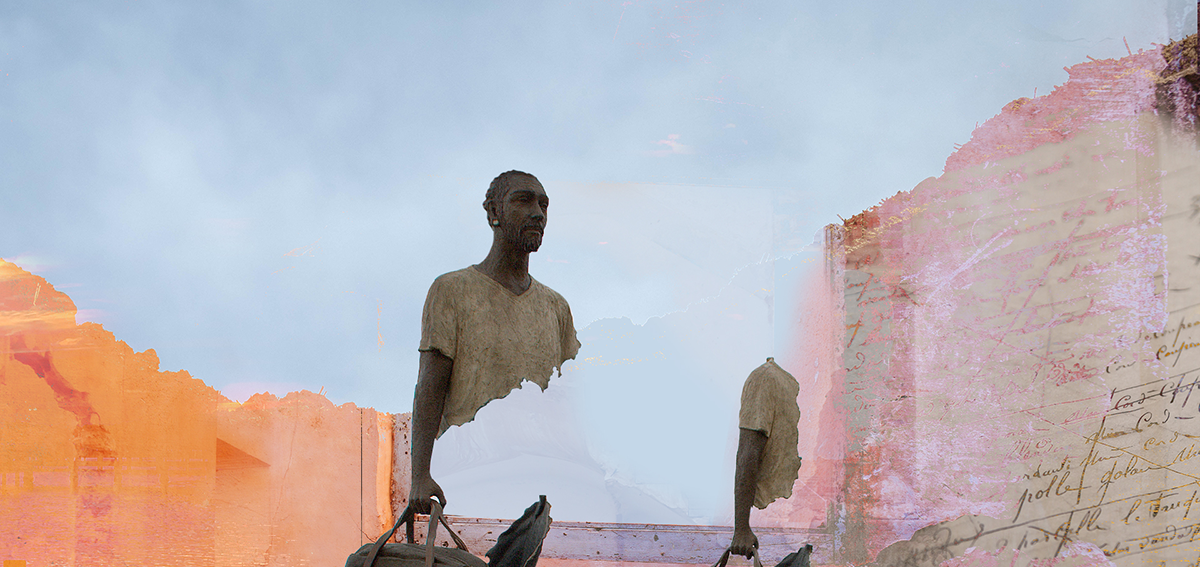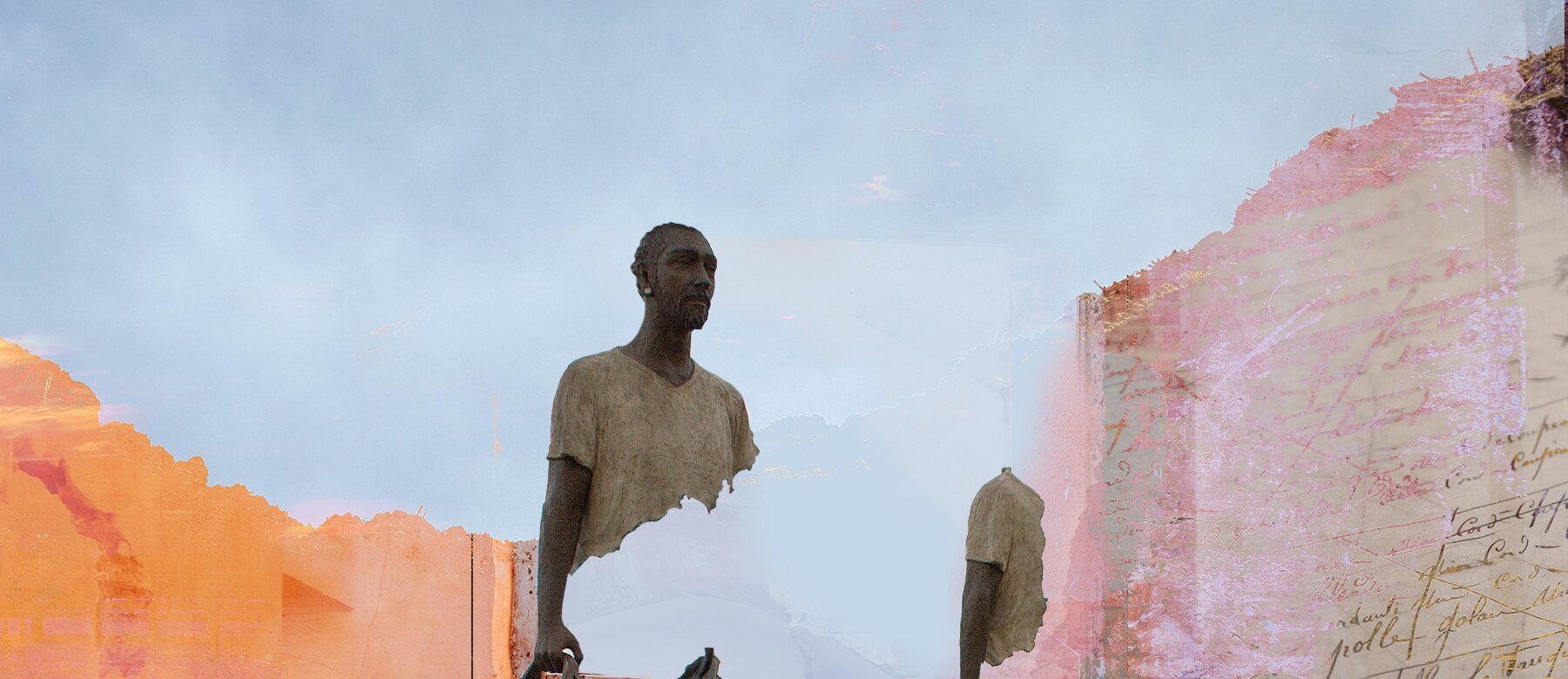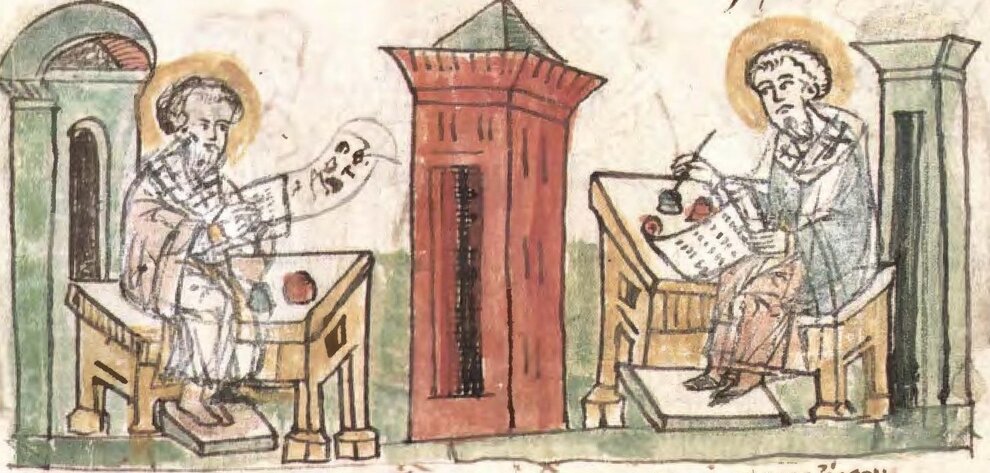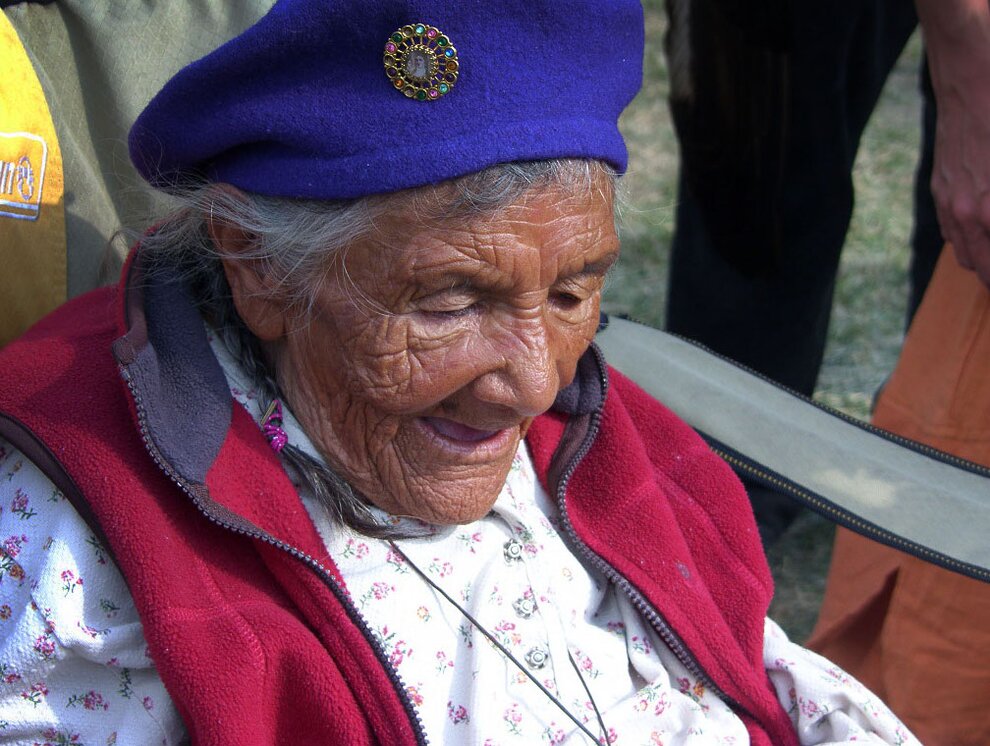Exile and anti-colonial solidarity
21 May | A conference on the anti-colonial exile of Mário Pinto de Andrade and all the exiles who fought for the freedom of the African peoples
Tuesday
21
May
2024
6:00 pm
8:00 pm

- Exile and anti-colonial solidarity: Mário Pinto de Andrade and Sarah Maldoror -
Published at 30 April 2024







